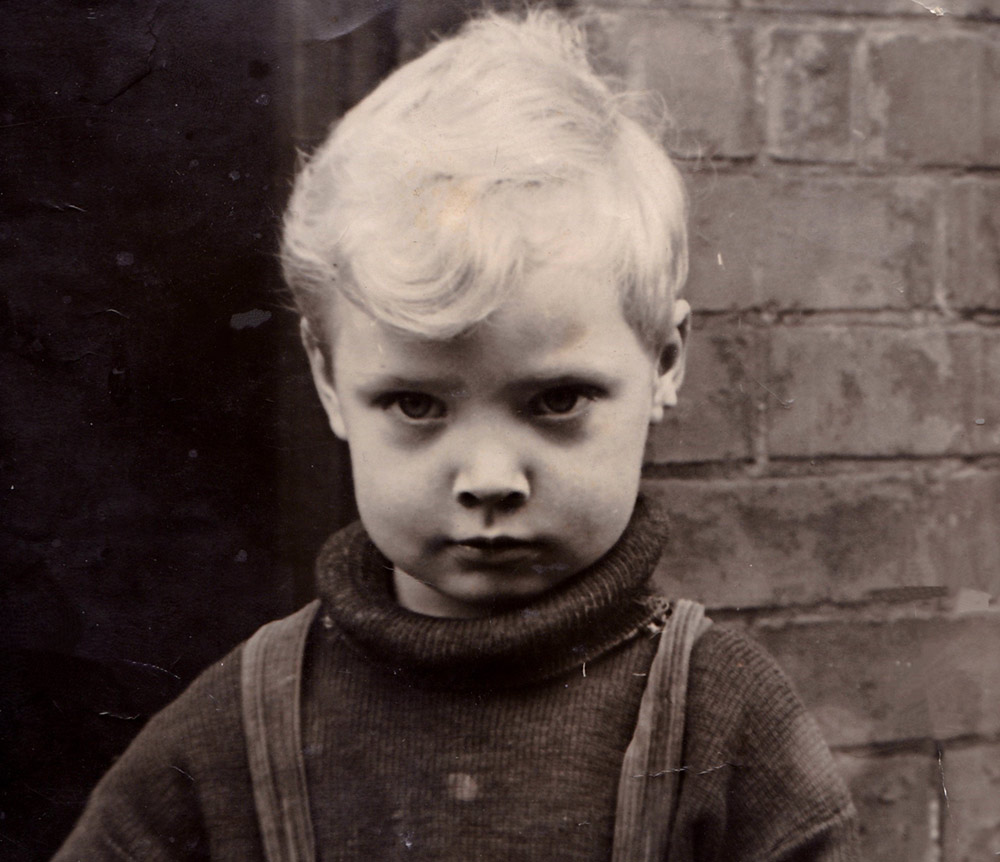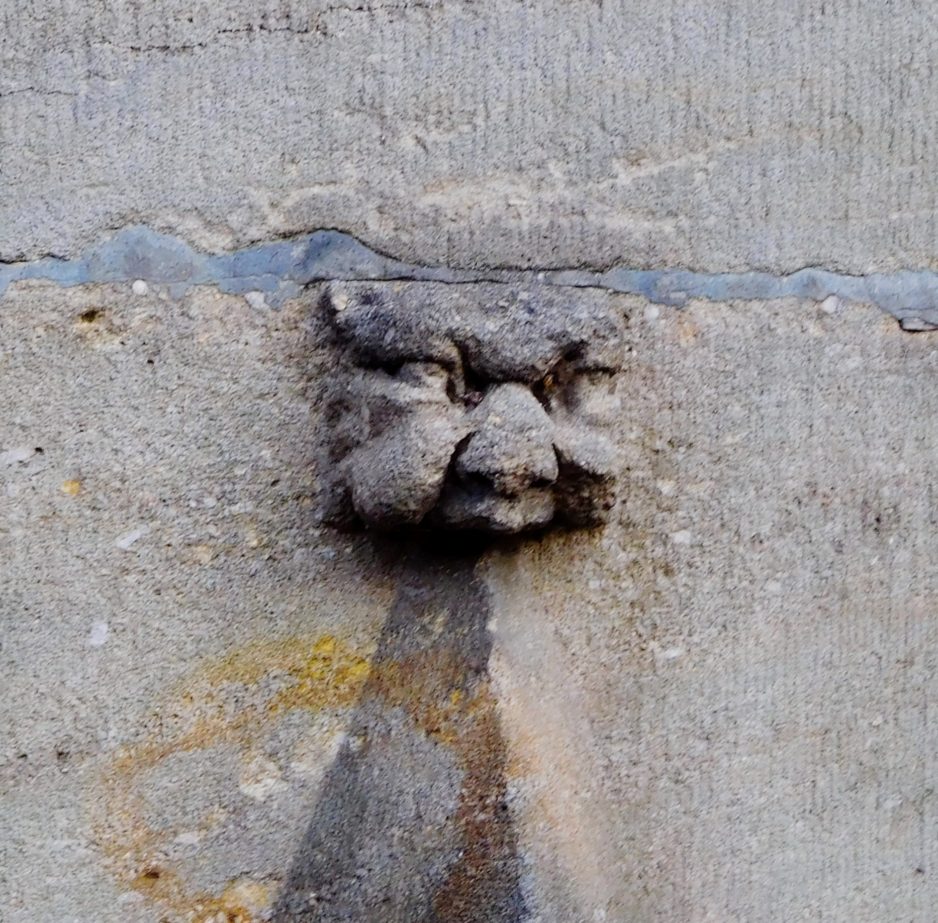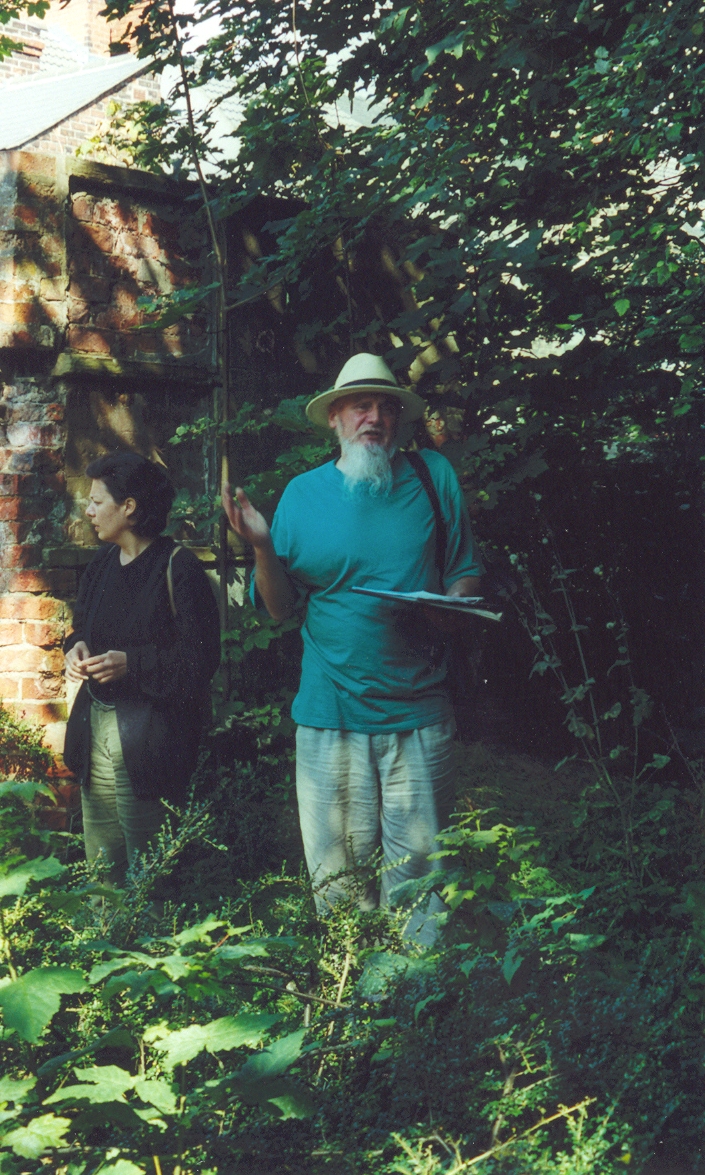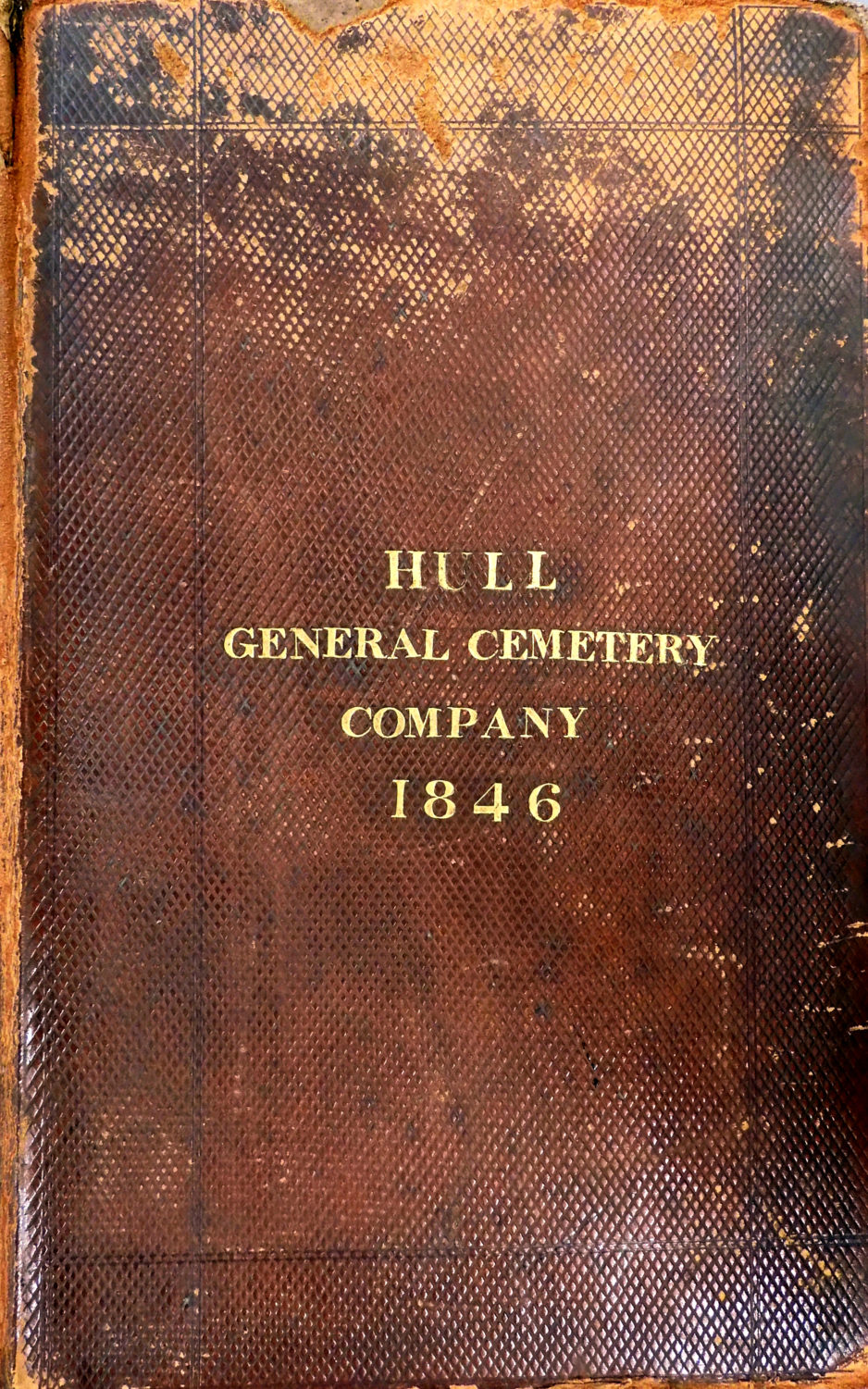The anniversary this month is from May 1859. It is, at least in my opinion, the point where the Cemetery began its slow decline. An Emergency Board Meeting was called by the Secretary, C.S.Todd. He said he had received a letter from the Chairman. The minutes of the meeting describe what the contents of this letter contained.
‘The sec. said a letter from Mr J.S.Thompson resigning his office as chairman and director of this board. The directors having considered the reasons assigned by Mr Thompson for such resignation and being desirous that he should still continue to act as chairman of the board. It was resolved that such resignation be not accepted. That the sec. be instructed to address a letter to Mr Thompson expressing the earnest desire and request of the directors that he will reconsider his decision and by withdrawing his letter of resignation resume his position and seat as chairman and director the board.’
The reply
On the 2nd June that year C.S.Todd read out the reply from J.S.Thompson to the Board. The minutes simply state that,
‘ received a reply thereto which he read to the Board and from which it appeared that Mr Thompson had determined not to withdraw his letter of resignation’
It is difficult to gauge from the above what a momentous point in time this was. The dry minutes do not reflect what consternation this resignation letter would have engendered. John Solomon Thompson had been the man who had navigated the Company through the task of selecting and buying the land. He had been instrumental in instigating the Act of Parliament that prevented the Hull Corporation for taking over the Cemetery. As the Chair he had negotiated hard with the Railway Company and forced it to change the proposed route of the Victoria Dock line. He had brought the Company through all of these perils and now he was resigning. Why?
What’s gone wrong?
Sadly, we have no knowledge of the ‘why’. Where are these letters? They are lost to us now in the wastepaper drive fomented by Churchill in World War Two. What on earth had happened that made the esteemed Chair feel he could no longer carry on?
In March everything was rosy. The Company were in negotiations with the Local Board of Health about leasing the western part of their grounds for burials. The Company had just signed the agreement and covenant with the Hull Workhouse for the burial of the town’s poor.
In those intervening two months something had upset John Thompson so much that he felt he had to resign.
I could hazard a couple of guesses on what had caused this turn of events but that is only guesswork and not to be written down as proof. Oh, how I’d love to have seen those letters that were sent. As I said earlier it’s just another of those mysteries that crop up now and again and cause me a headache. A troublesome anniversary. Anniversary April 1858
Pete Lowden is a member of the Friends of Hull General Cemetery committee which is committed to reclaiming the cemetery and returning it back to a community resource.




